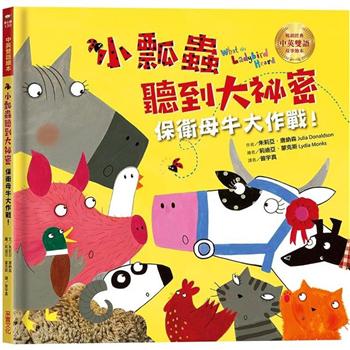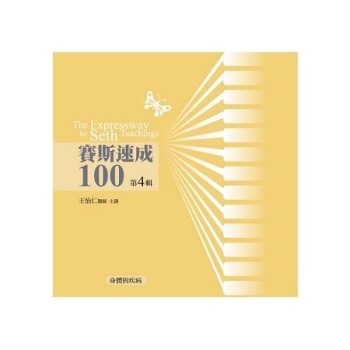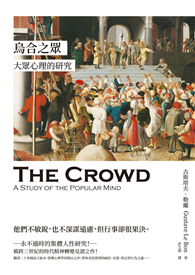Nik Cunniffe is the head of Theoretical and Computational Epidemiology Group, Department of Plant Sciences, University of Cambridge (UK). His research focuses on modelling the spread, detection, evolution and control of plant pests and pathogens. His theoretical work uses deterministic, stochastic and spatial models to improve strategic understanding, while his applied work concentrates on using models to understand how detection and control can be optimized.
Frédéric Hamelin is Associate Professor in Quantitative Plant Disease Epidemiology at L’Institut Agro, Rennes, France. He is a member of the DEMECOLOGY (Dynamics, Evolution, Modelling, Ecology) Research Group of the Institute of Genetics, Environment and Plant Protection (IGEPP). His work is at the interface between mathematical ecology and plant disease epidemiology.
Abderrahman Iggidr is a full-time INRIA researcher at IECL (Institut Elie Cartan de Lorraine), France. His research interests include the control theory (stabilization of nonlinear systems, observability, and construction of observers), the mathematical epidemiology (modelling and model validation using data, qualitative and quantitative properties of epidemics models, design of software sensors for biological systems, dynamical estimation of unmeasured state variables and unknown parameters, etc.), and the modelling and control of renewable resources.
Alain Rapaport is a senior INRAE researcher at MISTEA (Mathematics, Informatics and Statistics for Environmental and Agronomics) Research Lab, Montpellier, France. His research interests include the modelling, control and optimization for microbial ecology; the management of renewable natural resources; and the theory of control and observation of dynamical systems and optimal control.
Gauthier Sallet is Emeritus Professor at IECL (Institut Elie Cartan de Lorraine), France. His main research activity is about the application of control theory to epidemiological models. He has been the team leader of the MASAIE (Tools and models of nonlinear control theory for epidemiology and immunology) INRIA Research Group from 2008 to 2014.











